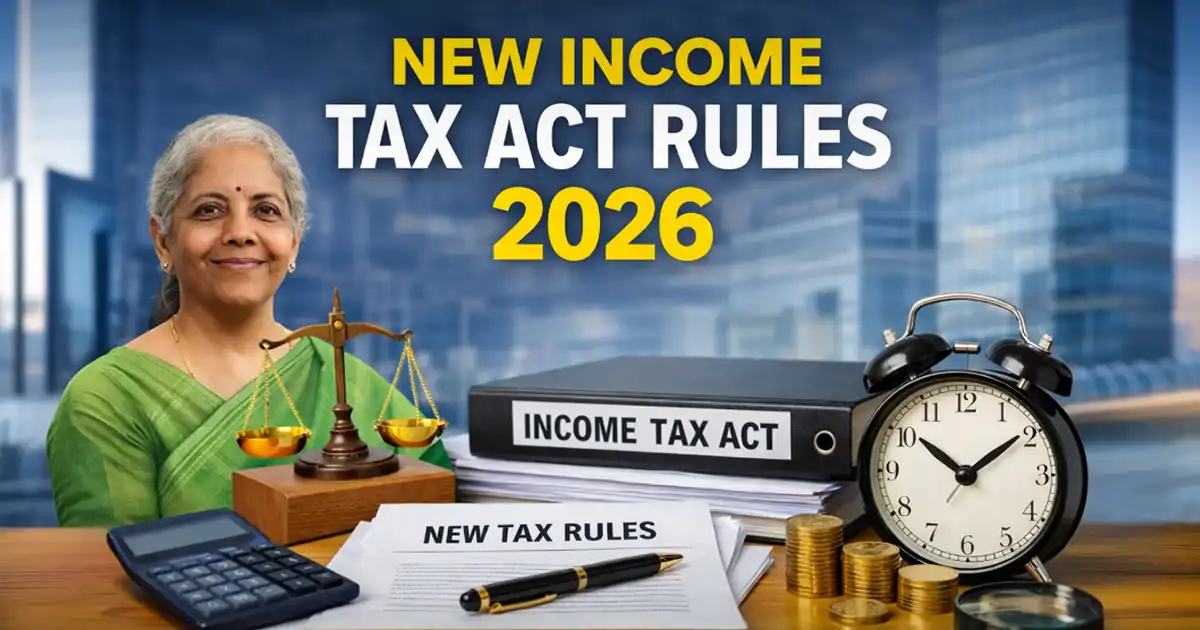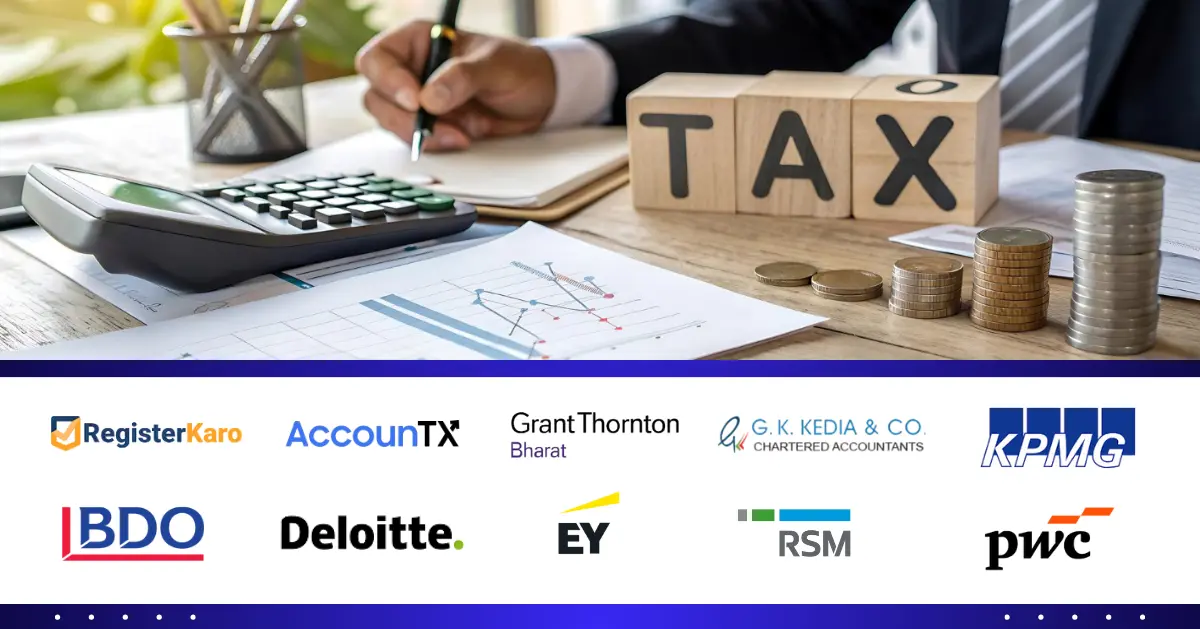
Selling a property is an exciting financial opportunity, but it also comes with tax implications that you must carefully consider. In India, property sellers are required to pay Capital Gains Tax, which depends on the profit earned from the sale and the duration the property was held.
By understanding the government’s latest rules and Tax Exemptions on Property Sale, you can reduce your tax liability and manage your profits effectively. This guide walks you through the tax laws applicable in 2025, including calculation methods, applicable Capital Gains Tax, exemptions, and updated data like the Cost Inflation Index.
There Are Two Types of Capital Gains Taxes
The Tax on Sale of Property is classified into Short-Term Capital Gains Tax (STCG) and Long-Term Capital Gains Tax (LTCG), depending on the duration for which you’ve held the property.
1. Short-Term Capital Gains Tax (STCG)
Short-term capital gains (STCG) arise when a property is sold within 24 months (2 years) of purchase.
Key Points:
- Holding Period: Property sold within 24 months of purchase.
- Tax Rate: Gains are added to taxable income and taxed as per individual income tax slab rates (ranging from 5% to 30%).
- Deductions/Exemptions: No specific exemptions apply to STCG on property sales.
2. Long-Term Capital Gains Tax (LTCG)
Long-term capital gains (LTCG) apply when a property is sold after 24 months. These gains are more tax-efficient due to indexation benefits.
Key Points:
- Holding Period: Property sold after 24 months of purchase.
- Tax Rate: Gains are taxed at a flat rate of 20% plus cess, with indexation benefits.
- Deductions/Exemptions: Sections 54, 54EC, and 54F provide exemptions for LTCG.
What is the Rate of Capital Gains Taxes in 2025?
The tax rates for gains earned through the sale of property remain consistent in 2025. Here is a snapshot:
| Type of Capital Gain | Applicable Tax Rate (2025) |
| Short-Term Capital Gains | Taxed as per income tax slab (5%-30%) |
| Long-Term Capital Gains | 20% flat (with indexation benefit) |
Updated Cost Inflation Index (CII) for 2025:
The Cost Inflation Index (CII), used to calculate indexation benefits, has been revised to 380 for FY 2024-25.
| Financial Year | CII Value |
| 2014-15 | 240 |
| 2024-25 | 380 |
Calculating Capital Gains Tax requires careful consideration of all cost adjustments, indexation, and sale-related expenses.
Formula for Short-Term Capital Gains (STCG):
STCG = Sale Price – (Purchase Price + Cost of Improvements + Sale Expenses)
Example:
- Sale Price: ₹60,00,000
- Purchase Price: ₹45,00,000
- Expenses on Sale: ₹1,00,000
STCG = ₹60,00,000 – (₹45,00,000 + ₹1,00,000) = ₹14,00,000
This ₹14,00,000 is added to the seller’s gross income and taxed according to the applicable tax slab.
Formula for Long-Term Capital Gains (LTCG):
LTCG = Sale Price – (Indexed Purchase Price + Cost of Improvements + Sale Expenses)
Indexed Purchase Price Formula:
Indexed Purchase Price = (Purchase Price × CII of Sale Year) ÷ CII of Purchase Year
Example:
- Sale Price: ₹85,00,000
- Purchase Price: ₹40,00,000 (bought in FY 2014-15, CII = 240)
- Sale Year: FY 2024-25 (CII = 380).
Indexed Purchase Price = (₹40,00,000 × 380) ÷ 240 = ₹63,33,333
LTCG = ₹85,00,000 – ₹63,33,333 = ₹21,66,667
Tax: 20% of ₹21,66,667 = ₹4,33,333
The seller owes ₹4,33,333 in tax for LTCG.
The Indian Income Tax Act offers various provisions to reduce or save Tax on Sale of Property. These provisions allow you to reinvest profits or use tax-saving tools to minimize liabilities. You can also reach out us and File your income tax returns seamlessly with the help of our experts
1. Reinvest in Another Residential Property (Section 54)
- If you sell a residential property and reinvest the capital gains into another residential property, you can claim an exemption.
- The property must be purchased 1 year before or 2 years after the sale, or the construction must be completed within 3 years.
- The exemption amount is equal to the reinvested capital gain or the actual LTCG, whichever is lower.
2. Invest in Specified Bonds (Section 54EC)
You can save tax on LTCG by investing in specified capital gains bonds issued by entities like Rural Electrification Corporation (REC) or National Highways Authority of India (NHAI).
- Investments must be made within 6 months from the date of sale.
- Maximum limit: ₹50 lakhs.
- Lock-in period: 5 years (as of 2025).
3. Utilize Capital Gains Account Scheme (CGAS)
If you are unable to reinvest the gains before the due date for filing taxes, you can deposit the unutilized amount in a Capital Gains Account Scheme (CGAS).
This deposit postpones the tax liability and allows you to claim exemptions when reinvestment happens.
4. Offset Losses
If you incurred short-term capital losses from other investments (e.g., stocks), you can offset them against short-term capital gains. This reduces the net taxable gains.
Learn more about property-related tax rules on the Income Tax Department official website.
Also Read: Section 22 of the Income Tax Act, 1961- Income from house property
Conclusion
Understanding the Tax on Sale of Property is critical for managing profits effectively and meeting your tax obligations. In 2025, capital gains are classified as short-term or long-term, each having distinct tax rates and exemptions. While short-term capital gains are taxed at slab rates, long-term gains are more favorable for sellers due to the availability of indexation and exemptions under Sections 54, 54EC, and 54F.
By planning ahead, reinvesting gains, and leveraging schemes like CGAS and tax-saving bonds, you can significantly minimize your tax liability.
Need help with managing taxes on your property sale? RegisterKaro offers expert guidance to help you navigate tax rules, claim exemptions, and reduce your liabilities. Let us simplify the process—contact us today and maximize your savings!




